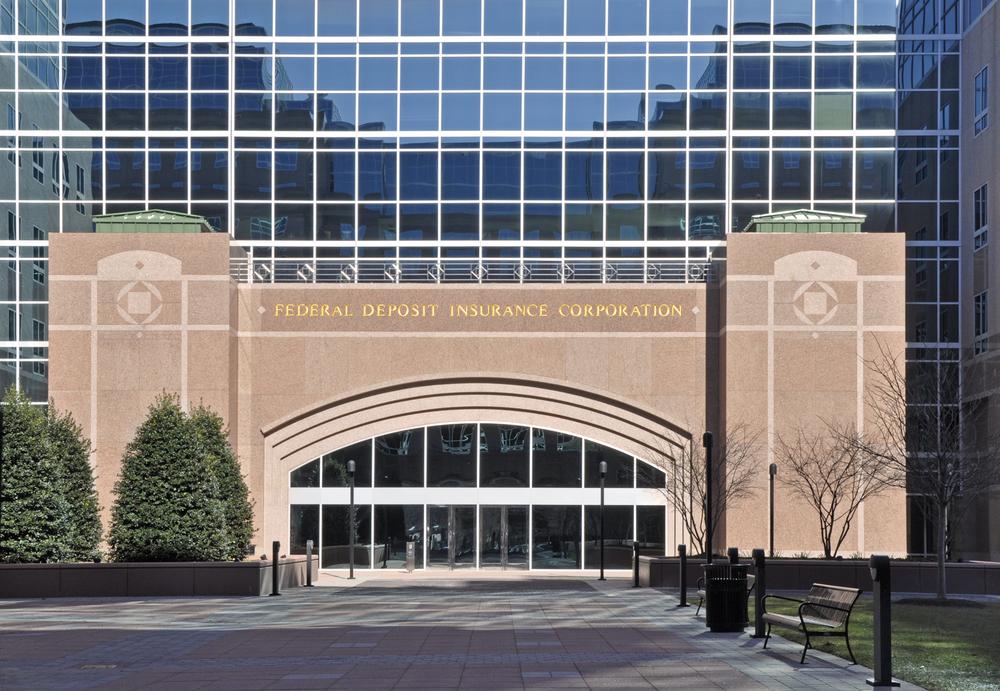Different Types of Personal Banking Accounts
Explore the main types of personal bank accounts including savings, checking, CDs, and money market accounts. Understand their features, benefits, and eligibility criteria to make informed banking choices suited to your financial needs.

Different Types of Personal Banking Accounts
In today's financial landscape, nearly everyone maintains a bank account. Financial institutions offer a variety of account options tailored to individual needs. Customers typically choose from five main types based on their requirements. Each account serves distinct purposes and offers different features.
Here is an overview of the primary types of personal bank accounts:
Savings Accounts: Most banks worldwide provide savings accounts to promote saving habits. You can deposit any excess funds into this account to earn interest. The interest rates are generally higher than checking accounts. While you can deposit and withdraw funds, writing checks is usually not permitted, and fees may apply if your balance drops below a minimum threshold. Transactions are recorded through passbooks or monthly statements.
Basic Checking Accounts: These accounts provide essential banking functionalities without additional frills. They typically involve low maintenance costs. Check-writing is permitted within specified limits. However, they do not accrue interest.
Interest-Bearing Checking Accounts: With these accounts, you can write unlimited checks and access various banking services. The interest earned depends on the account balance, and fees may be charged if your balance falls below a set minimum. Opening this type of account adds the benefit of earning interest, though at a higher operational cost.
Certificate of Deposit (CD): These are time-bound deposits, known as Time Deposits, with fixed terms ranging from three months to six years. They offer higher interest rates as compensation for locking funds for a set period. Early withdrawal usually incurs penalties, including loss of interest and possibly part of the principal amount.
Money Market Deposit Accounts: These accounts invest in short-term debt instruments like Commercial Paper, CDs, and Treasury Bills. Maintaining a high balance is often required to earn interest. The interest rates are higher than checking accounts, but there are restrictions such as limits on checks and transfers per month. All these accounts are insured up to $100,000 by FDIC.









